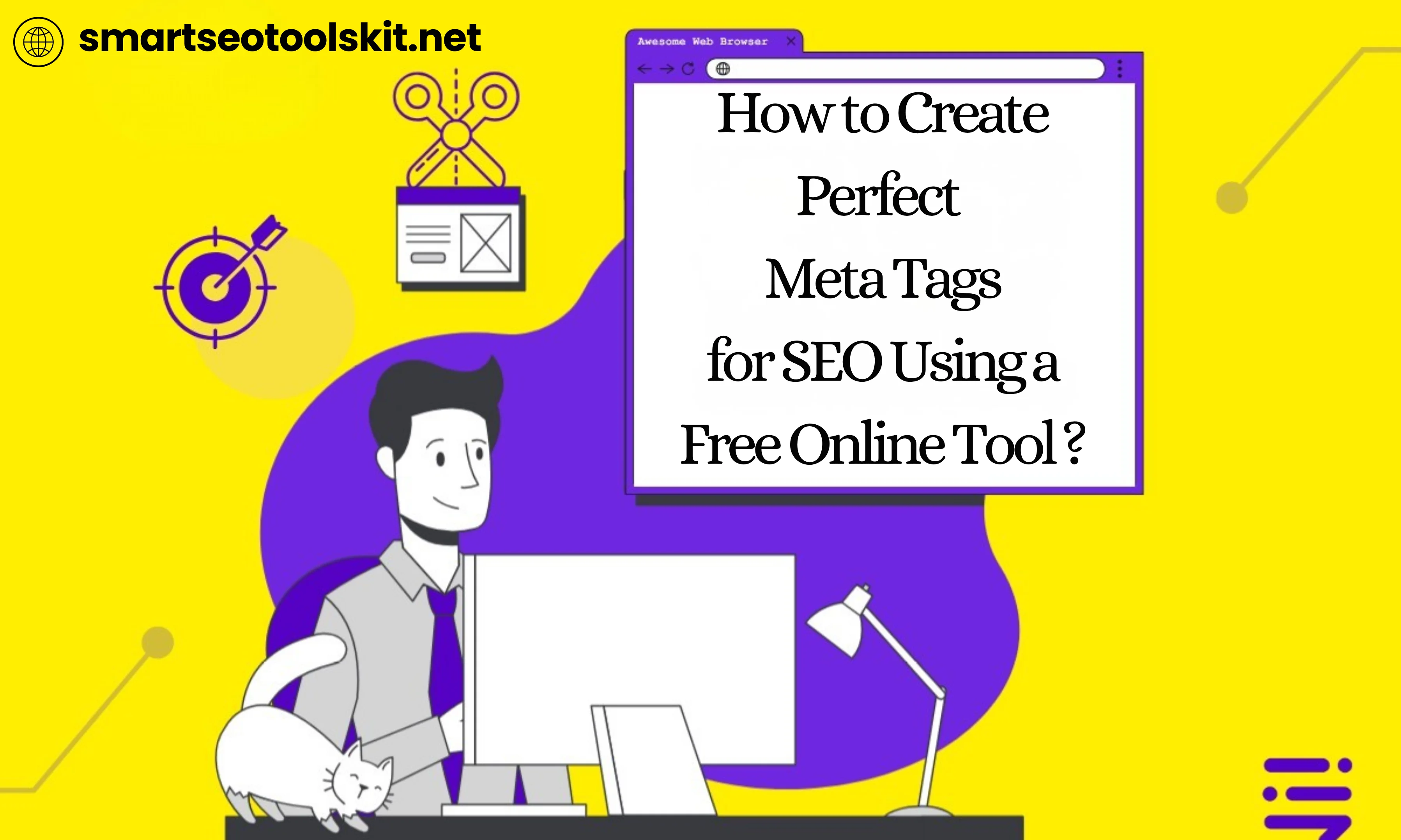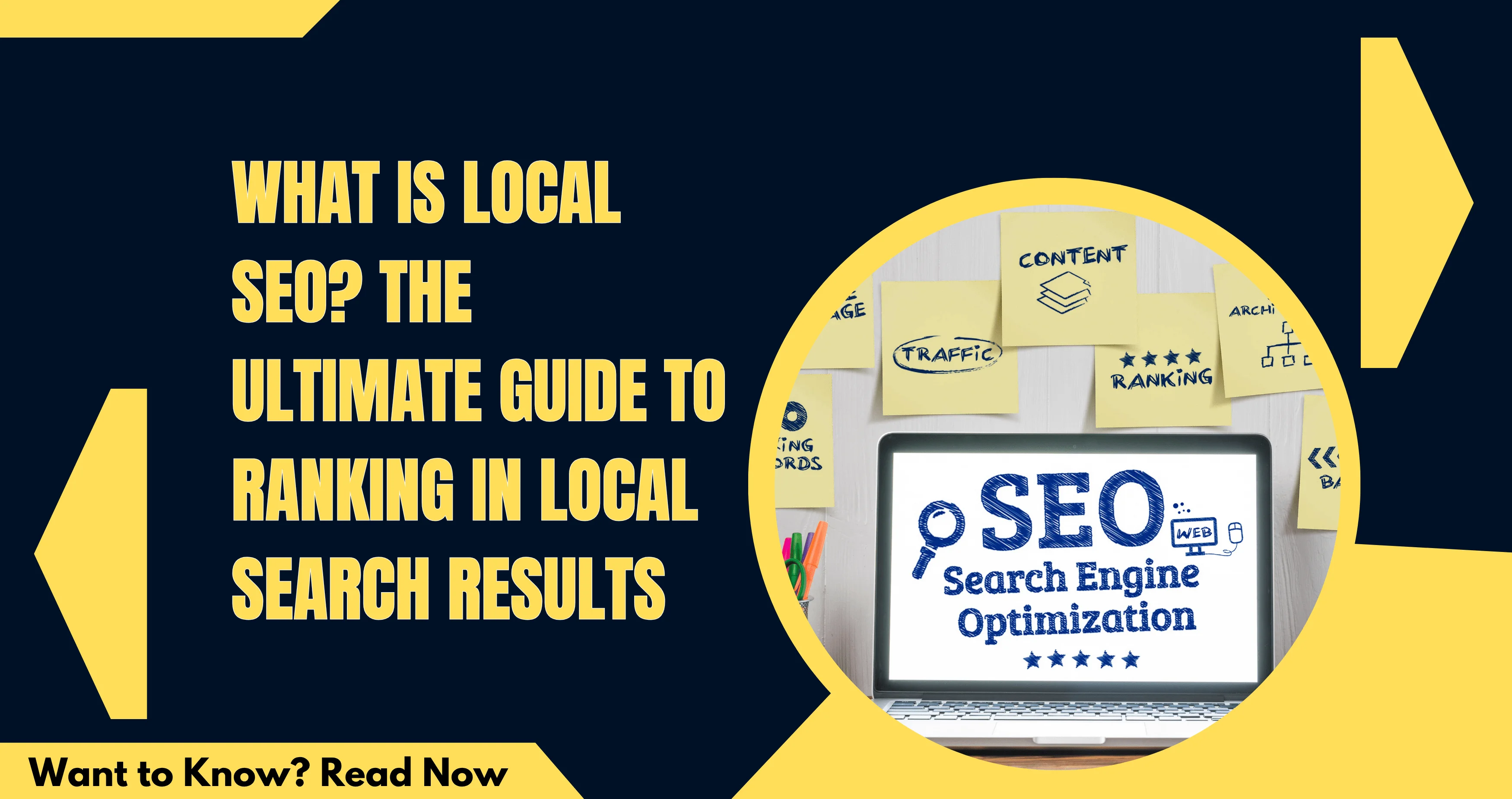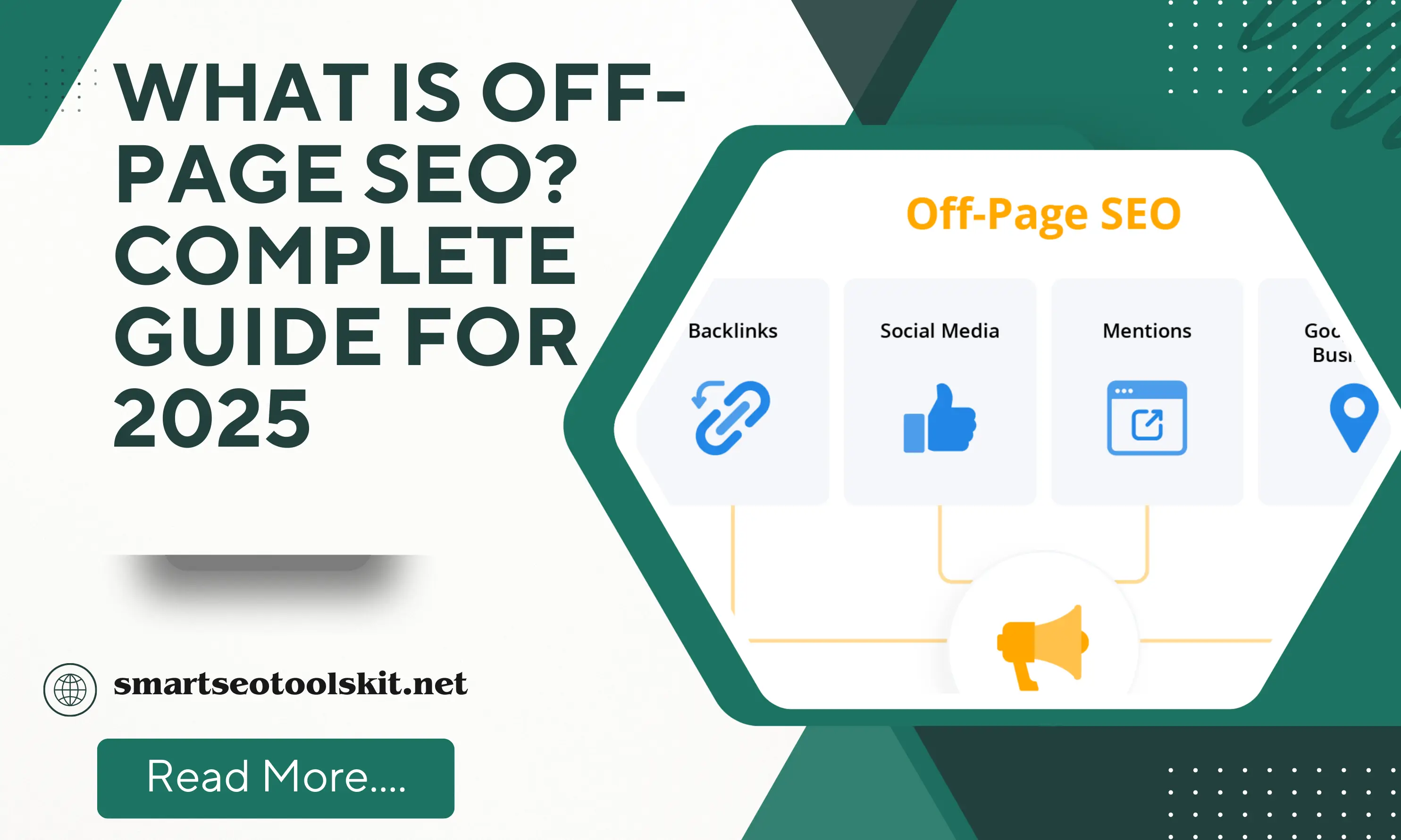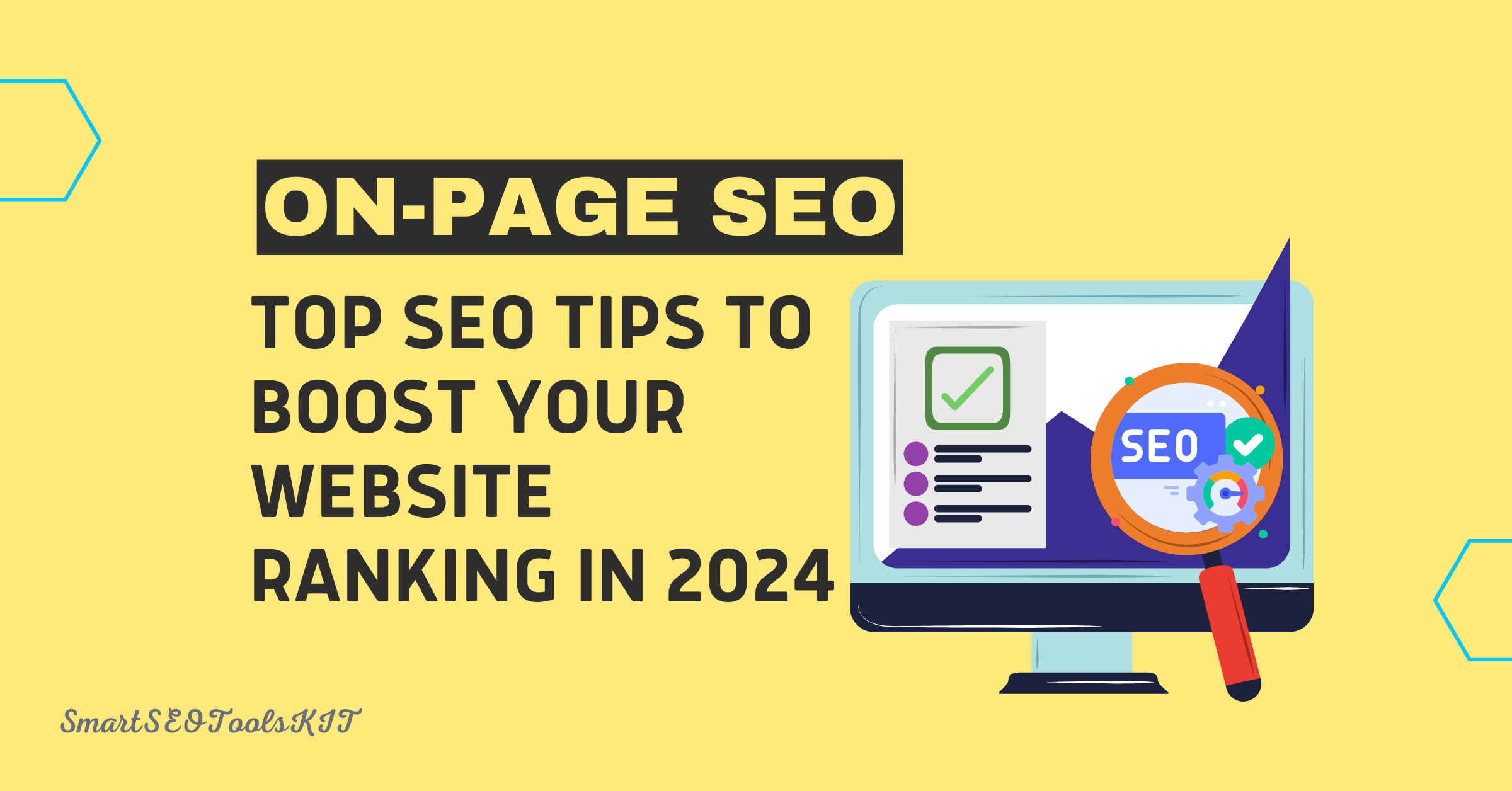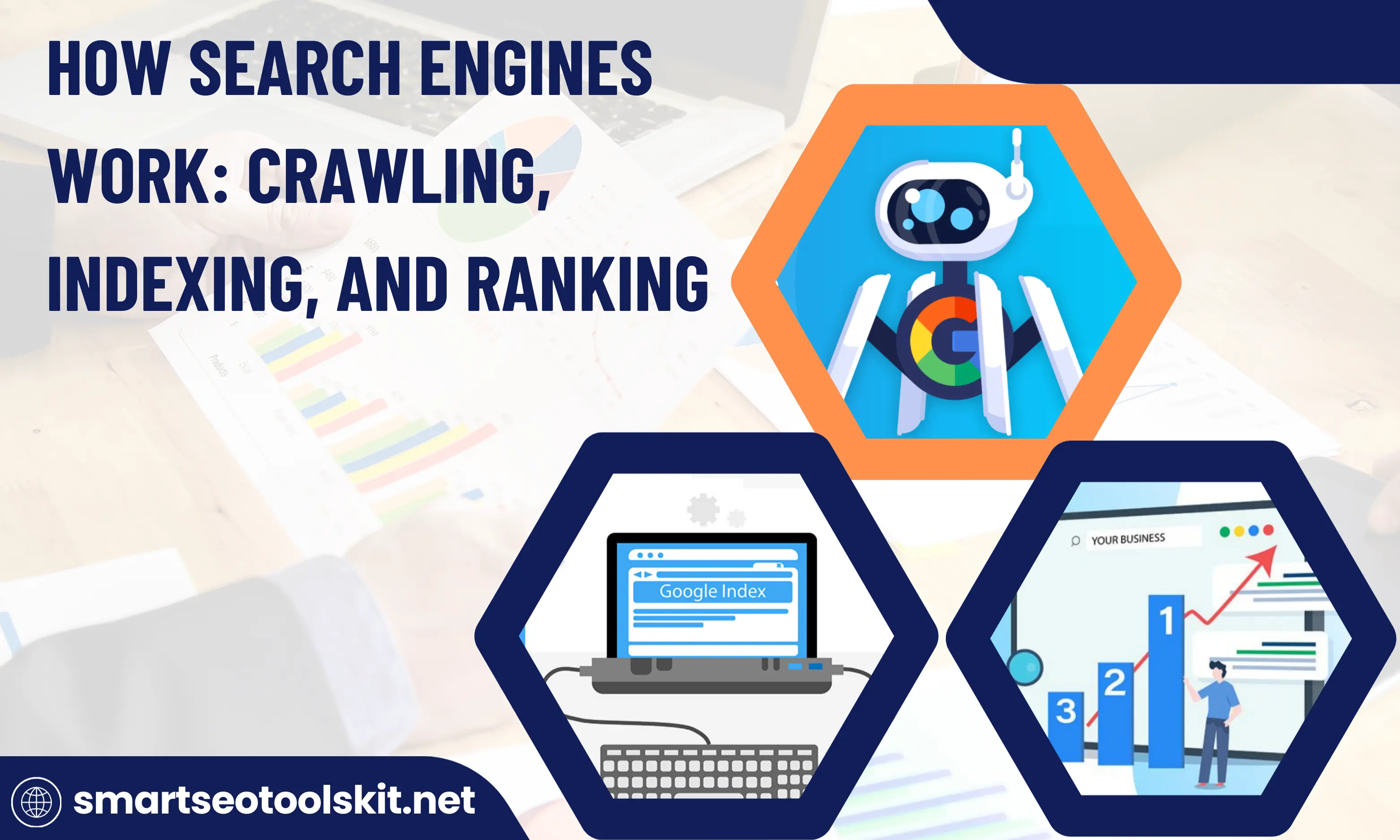Ranking on Google’s first page isn’t just about creating great content—it’s about beating what’s already ranking. Even if you have great content, it can be difficult to break through the competition. However, many of the top-ranking pages are not perfect—they often have weaknesses that you can exploit to outrank them.
These weaknesses, known as SERP weak spots, are areas where a high-ranking page fails to meet user expectations, lacks optimization, or is outdated. By finding and improving upon these weak spots, you can gain a competitive edge, boost organic traffic, and climb higher in search results.
This guide will help you:
✅ Identify common SERP weak spots
✅ Analyze competitor pages strategically
✅ Optimize your content to fill the gaps
✅ Improve your rankings by creating stronger pages
Let’s dive into the most common SEO weak spots and how to take advantage of them.
What Are SERP Weak Spots?
SERP (Search Engine Results Page) weak spots are flaws or gaps in top-ranking pages that make them vulnerable to losing their position. These weaknesses prevent a page from fully satisfying search intent or following SEO best practices.
Common SERP weak spots include:
✅ Outdated content that lacks fresh insights
✅ Low authority due to weak backlinks
✅ Poor user experience (slow loading, bad mobile optimization)
✅ Weak titles and meta descriptions that reduce click-through rates (CTR)
✅ Lack of structured data (schema markup, rich snippets)
✅ High bounce rate and low user engagement
✅ Duplicate or low-quality content
✅ No E-E-A-T (Expertise, Experience, Authority, Trust)
If you can spot and fix these issues, you’ll have a huge advantage over competitors and a better chance of ranking on Google’s first page.
Also read: 5 SEO Ranking Challenges in 2025 And How to Fix Them Fast
Common SERP Weak Spots & How to Beat Them
1. Outdated Content (Lack of Freshness & Relevance)
Why It’s a Problem?
Older content often contains outdated statistics, missing trends, and obsolete strategies, making it less valuable to users.
How You Can Outrank Them?
✅ Find old pages ranking for your target keywords.
✅ Update your content with new stats, case studies, and trends.
✅ Expand your guide with new insights and practical examples.
Example:
A "Best Digital Marketing Strategies" guide from 2021 may not include AI-driven marketing techniques or Google's latest algorithm changes. If you create a 2024 version covering these updates, you can outrank the older content.
2. Weak Backlinks & Low Domain Authority
Why It’s a Problem?
Some pages rank despite having few or weak backlinks, making them easier to outrank with a better link-building strategy.
How You Can Outrank Them?
✅ Analyze competitors’ backlinks using Ahrefs, Moz, or Semrush.
✅ Get high-quality backlinks via guest posts, HARO, and PR outreach.
✅ Strengthen internal linking to improve page authority.
Example:
If a DA 25 blog post is ranking for “Best Productivity Apps,” and your site has DA 50+, you can overtake it with better backlinks and deeper content.
Check Domain Authority -- Free Domain Authority Checker
3. Weak Titles & Meta Descriptions (Low CTR)
Why It’s a Problem?
Even high-ranking pages can have boring or vague titles, leading to low click-through rates (CTR).
How You Can Outrank Them?
✅ Write engaging, keyword-rich titles (e.g., Ultimate, 2024 Guide, Proven Strategies).
✅ Use emotional triggers and numbers (e.g., "10 SEO Hacks That Skyrocketed My Traffic 🚀").
✅ A/B test different meta descriptions to boost CTR.
Example:
❌ Weak Title: “SEO Guide for Beginners”
✅ Strong Title: “📈 The Ultimate 2024 SEO Guide – 10 Proven Strategies for Higher Google Rankings!”
4. Slow Page Speed & Poor UX
Why It’s a Problem?
Google prioritizes fast-loading, user-friendly sites. Pages that load slowly will drop in rankings.
How You Can Outrank Them?
✅ Check competitor load times using Google PageSpeed Insights.
✅ Optimize images, enable lazy loading, and use a CDN.
✅ Ensure mobile responsiveness for a smooth UX.
Example:
If a competitor’s site loads in 5+ seconds, but yours loads in under 2 seconds, Google is more likely to rank your page higher.
Check Page SPeed -- Google PageSPeed Insights
5. Lack of Structured Data (Schema Markup)
Why It’s a Problem?
Sites without structured data miss out on rich snippets, which makes their results less visible.
How You Can Outrank Them?
✅ Add Schema Markup (FAQ, Review, How-To, Product) to your page.
✅ Use Google’s Rich Results Test to ensure proper implementation.
Example:
If a competitor’s product page lacks structured data, adding Product Schema (ratings, price, availability) can help your page stand out in search results.
6. Shallow or Incomplete Content
Why It’s a Problem?
If content doesn’t fully answer a query, users will bounce quickly.
How You Can Outrank Them?
✅ Expand content to cover subtopics & FAQs.
✅ Use “People Also Ask” to add missing information.
Example:
A competitor lists 5 marketing strategies, while you list 15 strategies with case studies—your page provides more value and ranks higher.
7. Weak Internal Linking Strategy
Why It’s a Problem?
Poor internal linking can hurt SEO rankings and user experience.
How You Can Outrank Them?
✅ Link relevant articles together strategically.
✅ Use keyword-rich anchor texts for SEO boosts.
Example:
A competitor doesn’t link between their pages, but you interlink all relevant content, keeping users on your site longer.
8. Content Duplication Issues
Why It’s a Problem?
Duplicate content can cause Google penalties and lower rankings.
How You Can Outrank Them?
✅ Rewrite old content with fresh, unique insights.
Example:
A competitor copy-pastes product descriptions, while you write unique, engaging ones, helping you rank higher.
9. Weak Engagement Metrics (High Bounce Rate, Low Dwell Time)
Why It’s a Problem?
If users leave a page quickly, Google assumes the content isn’t useful. This leads to lower rankings over time.
How You Can Outrank Them?
✅ Make content easy to read (short paragraphs, bullet points, engaging visuals).
✅ Use storytelling techniques to make your content more engaging.
✅ Add internal links to keep users on your site longer.
Example:
A competitor’s blog post has long walls of text with no images, making users leave quickly. You break up your content with visuals, shorter paragraphs, and interactive elements, improving engagement.
10. No E-E-A-T Optimization (Expertise, Experience, Authority, Trust)
Why It’s a Problem?
Google prioritizes content that comes from experts and trustworthy sources. If a page doesn’t show credibility, it’s at risk of losing rankings.
How You Can Outrank Them?
✅ Add author bios and credentials to boost trust.
✅ Cite authoritative sources and link to reputable websites.
✅ Earn backlinks from high-authority sites to improve credibility.
Example:
A competitor’s finance blog doesn’t list author credentials. You display your author’s finance certifications and experience, making Google and users trust your content more.
Conclusion
Getting to Google’s first page isn’t just about creating content—it’s about creating better content than your competitors. By analyzing SERP weak spots, you can find ranking opportunities that others miss.
Final Steps to Rank Higher on Google:
✔️ Audit competitor pages for weak spots.
✔️ Create superior, updated content.
✔️ Fix technical SEO & improve UX.
✔️ Strengthen your backlink profile.
✔️ Track performance and keep optimizing!
🚀 The more weak spots you fix, the higher you’ll rank! Start optimizing today and watch your traffic skyrocket!
Frequently Asked Questions (FAQs)
Q1: What are SERP weak spots, and why should I care about them?
SERP weak spots are flaws or gaps in top-ranking pages that prevent them from fully satisfying user intent or SEO best practices. These weaknesses—such as outdated content, slow page speed, weak backlinks, and poor metadata—create opportunities for you to optimize your content better and outrank competitors in Google search results. By targeting these gaps, you can increase traffic, boost rankings, and gain a competitive edge.
Q2: How can I find weak competitor pages that I can outrank?
To find weak pages in the SERPs, use SEO tools like Google Search Console to spot high-impression, low-CTR pages. Tools like Ahrefs, Semrush, or Moz help you analyze competitor domain authority, backlinks, and keywords. Use PageSpeed Insights to identify slow-loading pages, and check Google’s "People Also Ask" for unanswered user queries. SEO Minion can help you detect missing metadata and other on-page issues. Look for signs like outdated content, low DA, poor user experience, or missing structured data—then create faster, more helpful, and fully optimized content to outrank them.
Q3: How often should I update my content to maintain a strong ranking?
Google values fresh content, so it's ideal to update your high-priority pages every 3 to 6 months. For fast-changing industries like SEO, tech, or finance, monthly updates or refreshing content after major Google algorithm changes work even better. Focus on adding new statistics, trends, and case studies, expanding content with FAQs, videos, or expert insights, and optimizing for any changes in search intent. Also, improve readability and on-page SEO elements like titles, meta descriptions, and headings. Regular updates signal freshness to Google and help maintain or boost your rankings.
Q4: How can structured data (Schema Markup) help me outrank competitors?
Many top-ranking pages miss the opportunity to stand out by not using structured data, which means they lose out on rich snippets like FAQs, reviews, and product details. Adding Schema Markup helps your pages appear more visually appealing in search results and can significantly boost your click-through rates (CTR). For example, a product page without schema shows just a plain link, while one with Product Schema can display star ratings, price, stock availability, and customer reviews. To get started, use Google’s Rich Results Test to see if your pages qualify for rich snippets and make the necessary improvements.
Q5: Can improving page speed really help me rank higher in Google?
Absolutely! Google considers page speed a direct ranking factor, and slow-loading websites often experience higher bounce rates as users leave before engaging. To speed up your site, compress images and enable lazy loading, use a Content Delivery Network (CDN), minimize render-blocking JavaScript and CSS, and improve server response times. Fast-loading websites—ideally under 2 to 3 seconds—tend to rank higher and keep visitors engaged. Use Google PageSpeed Insights to check your site’s performance and apply these optimizations for better results.
.png)


